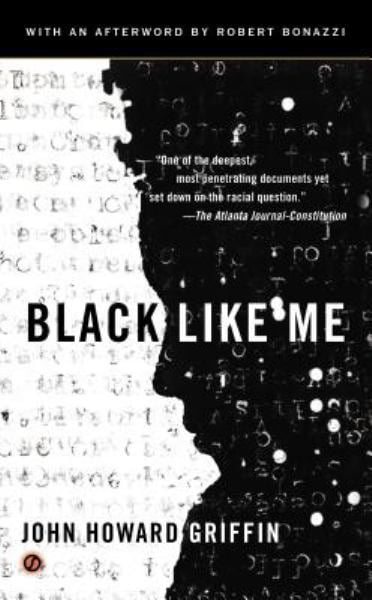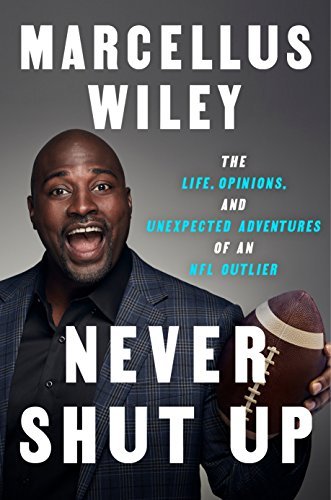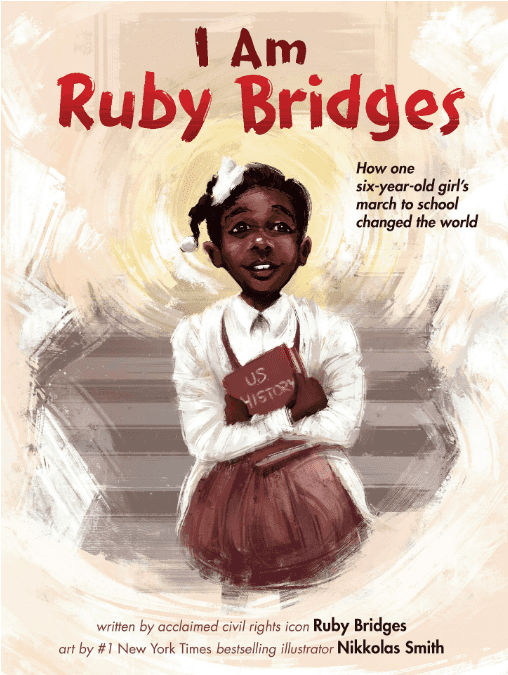Description
THE HISTORY-MAKING CLASSIC ABOUT CROSSING THE COLOR LINE IN AMERICA’S SEGREGATED SOUTH “One of the deepest, most penetrating documents yet set down on the racial question.”–Atlanta Journal & Constitution
In the Deep South of the 1950’s, a color line was etched in blood across Louisiana, Mississippi, Alabama, and Georgia. Journalist John Howard Griffin decided to cross that line. Using medication that darkened his skin to deep brown, he exchanged his privileged life as a Southern white man for the disenfranchised world of an unemployed black man.
What happened to John Howard Griffin–from the outside and within himself–as he made his way through the segregated Deep South is recorded in this searing work of nonfiction. His audacious, still chillingly relevant eyewitness history is a work about race and humanity every American must read.
With an Epilogue by the author and an Afterword by Robert Bonazzi
John Howard Griffin (1920-1980) is known internationally as the author of two novels,
Nuni and
The Devil Rides Outside, five books and monographs on racism in addition to
Black Like Me, a biography of Thomas Merton, three collections of photography, a volume of journals, two historical works on Texas, a musicological study, and
The John Howard Reader. Born in Dallas, Texas, and educated in France, he served in the U.S. Air Force in the South Pacific, where an injury he received during a Japanese bombardment eventually resulted in the complete loss of his sight. In the 1950’s he converted to Catholicism, married, and raised a family. In 1957, (after ten years of blindness) he miraculously regained his sight.
Marc Notes:
Originally published by Houghton Mifflin in 1961.;In the Deep South of the 1950s, a color line was etched in blood across Louisiana, Mississippi, Alabama, and Georgia. Journalist John Howard Griffin decided to cross that line. Using medication that darkened his skin to deep brown, he exchanged his privileged life as a Southern white man for the disenfranchised world of an unemployed black man. What happened to John Howard Griffin, from the outside and within himself, as he made his way through the segregated Deep South is recorded in this searing work of nonfiction–P. [4] of cover. .
Review Quotes:
“Essential reading…a social document of the first order, providing material absolutely unavailable elsewhere with such authenticity that it cannot be dismissed.”–
San Francisco Chronicle
“A stinging indictment of thoughtless, needless inhumanity. No one can read it without suffering.”–
Dallas Morning News
”
Black Like Me is a moving and troubling book written by an accomplished novelist. It is a scathing indictment of our society.”–
Saturday Review





Reviews
There are no reviews yet